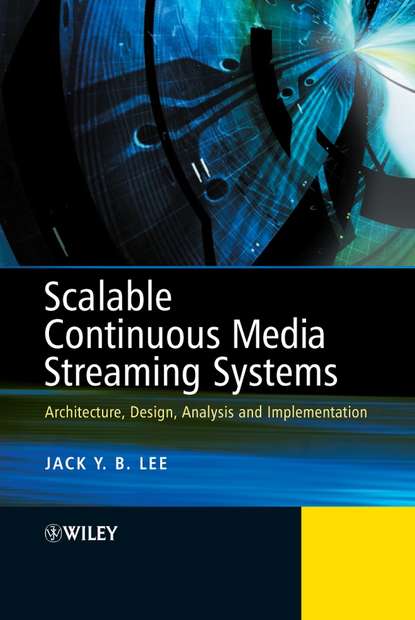Книга “Fuzzy Systems Engineering” автора Witold Pedrycz - это всеобъемлющее руководство по инженерии нечетких систем, охватывающее концептуальные основы, методы проектирования, рекомендации по разработке и тщательно отобранные иллюстративные материалы.
За последние сорок лет, с момента появления нечетких множеств, появилось множество теоретических разработок, концептуальных исследований, алгоритмических сред и других приложений. Теперь эта книга, предназначенная для читателей, представляет собой современный подход к инженерии нечетких систем, который охватывает концепции, методы проектирования и алгоритмы вместе с интерпретацией, анализом и базовыми знаниями инженерии. Результатом является целостное представление нечетких множеств как фундаментального компонента вычислительного интеллекта и человеко-центрированных систем. В книге авторы подчеркивают непосредственную применимость и ограничения обсуждаемых концепций, а также исторические и библиографические примечания в каждой главе, чтобы помочь читателям взглянуть на развитие нечетких множеств с более широкой перспективы.
Электронная Книга «Fuzzy Systems Engineering» написана автором Witold Pedrycz в году.
Минимальный возраст читателя: 0
Язык: Английский
ISBN: 9780470168950
Описание книги от Witold Pedrycz
A self-contained treatment of fuzzy systems engineering, offering conceptual fundamentals, design methodologies, development guidelines, and carefully selected illustrative material Forty years have passed since the birth of fuzzy sets, in which time a wealth of theoretical developments, conceptual pursuits, algorithmic environments, and other applications have emerged. Now, this reader-friendly book presents an up-to-date approach to fuzzy systems engineering, covering concepts, design methodologies, and algorithms coupled with interpretation, analysis, and underlying engineering knowledge. The result is a holistic view of fuzzy sets as a fundamental component of computational intelligence and human-centric systems. Throughout the book, the authors emphasize the direct applicability and limitations of the concepts being discussed, and historical and bibliographical notes are included in each chapter to help readers view the developments of fuzzy sets from a broader perspective. A radical departure from current books on the subject, Fuzzy Systems Engineering presents fuzzy sets as an enabling technology whose impact, contributions, and methodology stretch far beyond any specific discipline, making it applicable to researchers and practitioners in engineering, computer science, business, medicine, bioinformatics, and computational biology. Additionally, three appendices and classroom-ready electronic resources make it an ideal textbook for advanced undergraduate- and graduate-level courses in engineering and science.



















